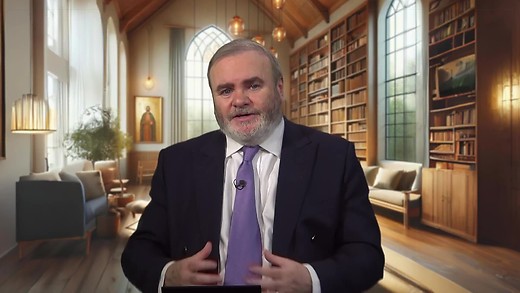

Resolving Biblical Paradoxes
We look at a number of apparent theological paradoxes that are resolved in the same way, according to the principle that: “the entirety of Your WORD is TRUTH” (Ps 119:160). In each case, there are a set of Scriptures that emphasise one truth and another set of Scriptures that emphasise a different truth, but it can seem hard to see how to hold both truths together as they don’t seem to fit. Some examples are: (1) the Prophecies of the Sufferings and Glory of Christ (Luke 24:25), (2) the Goodness and Severity of God, (3) God’s Sovereignty and man’s free-will, (4) the fact that Christ is both God and man (the hypostatic union), (5) the Tri-unity of God, and (6) how we can be forgiven in Christ (as far as our relationship is concerned), and yet still need forgiveness (as far as our fellowship with God is concerned). In each of these cases, people can easily go into a ditch on either side of the road of truth by choosing the set of Scriptures they like, and then ignoring or explaining away the Scriptures on the other side. The answer is found in realising that both sets of Scriptures are fully true, because there are 2 distinct (but related) realms of truth (if you can try to reconcile the 2 truths by mixing them together, you end up compromising and destroying them both - for example, by saying Christ is a semi-god and a semi-man, whereas the truth is that He is fully God and fully man). On the basis that all Scripture is true, we should embrace both revelations of truth, then seek God for a deeper understanding of how both sides can be fully true. When we do this, we will be rewarded with a fuller revelation of God’s truth.
Activity